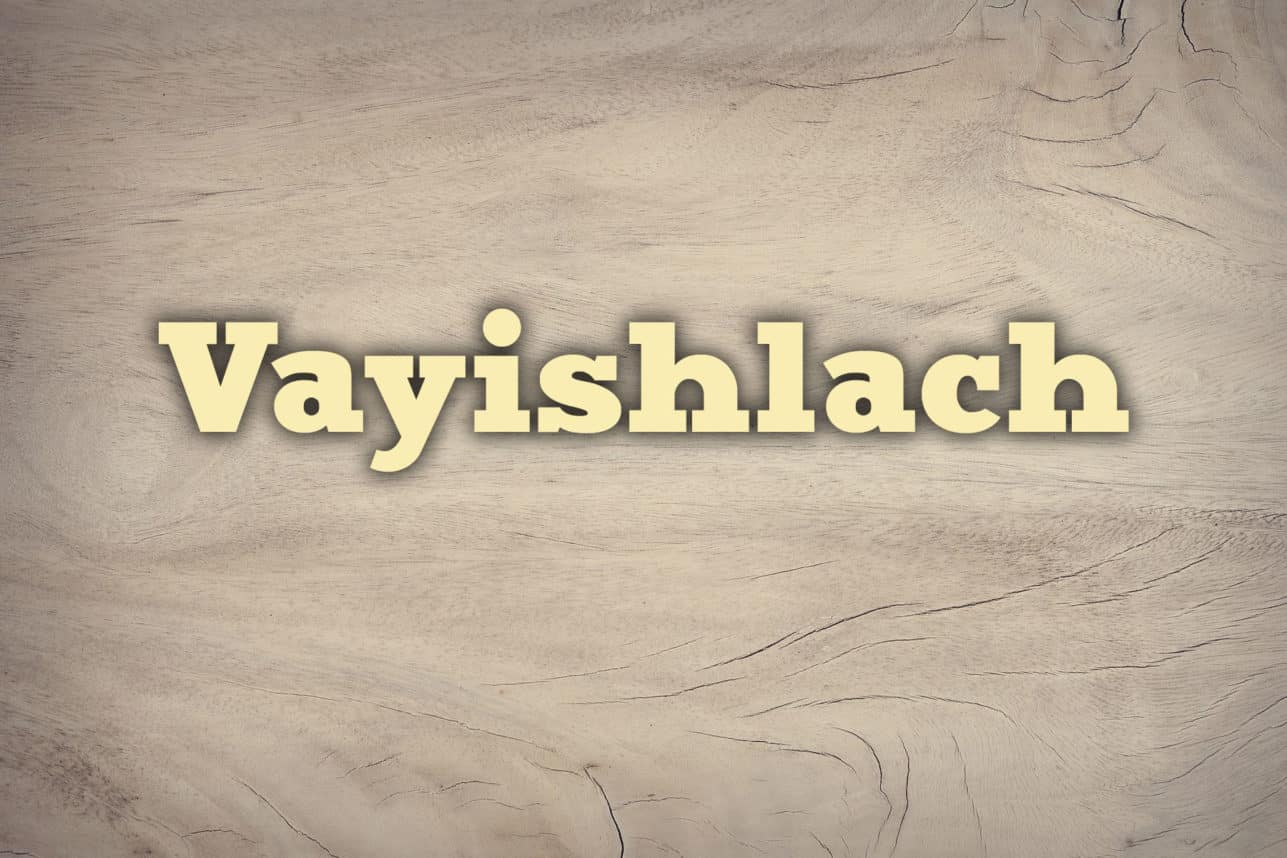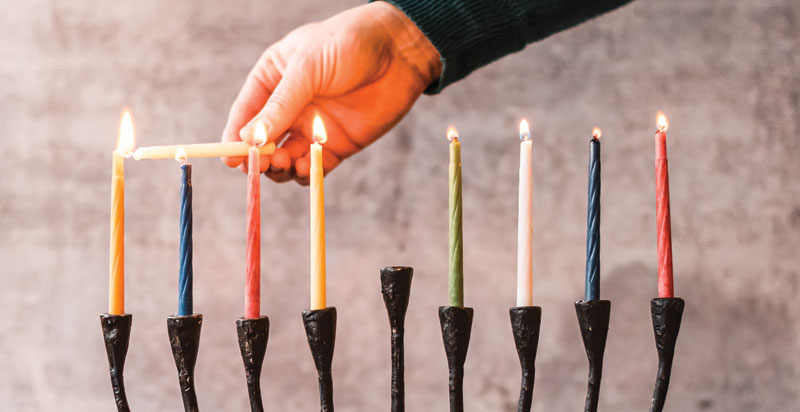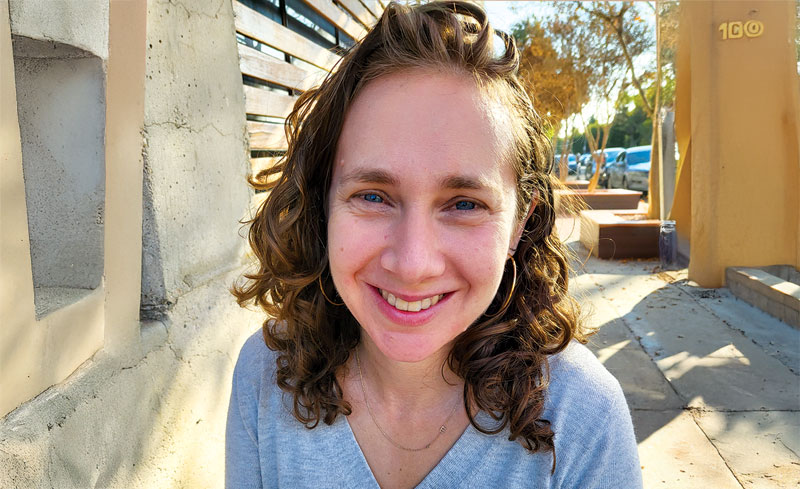History is unkind to generalizations. The confident assertion is too often slain by an inconvenient fact or made obsolete by a new way of looking at the evidence.
Yet one can be sure that each new crisis — as well as each old, settled truth — will call forth a new round of generalizations about history. Each may contribute to the truth, but none is the truth.
Hardly a day goes by that I do not receive an e-mail — impassioned, reasoned, historical, polemical or simply frustrated — that argues for the essential violence of the Islamic tradition. Many books and articles have argued for it. Recently the distinguished and courageous Ayaan Hirsi Ali has engaged in a polemical exchange with Ian Buruma and others concerning whether the problem is in the very nature of Islam, or in the way it is too-often taught and practiced today. Less learned, but no less opinionated, writers fill the editorial pages with similar speculations daily.
Some scholars have given a different picture of Islamic history. They point out, as we know from studying Jewish history, that to generalize over millenia is a perilous enterprise at best, and we tend to pick the periods and events that support our story.
One of the constantly revisited questions is the violent way in which Islam began. At first, Muhammed was irenic in his attitude toward Jews, but as territorial and theological divisions heated up, tolerance gave way to slaughter. Painful as it is to revisit this beginning of Islam, almost all religions and nations have bloody backgrounds. Ask a Native American. Or, if we could still locate one, imagine what a Canaanite would report about the origins of Israel.
In the case of Christianity and Islam, what began as a local feud became enshrined in a sacred text. Jews are still suffering the consequences of those original disputes in which faiths separated from Judaic roots. Scripture is then mined to yield contemporary policies. What was an argument of the past is endlessly replayed, as incidents become archetypes. As William Faulkner wrote, “The past is never dead. It’s not even past.”
Zachary Karabell offers a different perspective on the question of Islamic rule in his history, “Peace Be Upon You: Fourteen Centuries of Muslim, Christian, and Jewish Coexistence in the Middle East” (Knopf, 2007). He deplores the tendency to highlight periods of strife and ignore the generations of everyday coexistence: “For centuries after the initial conquests, coexistence was the norm, but not one whose echo can be heard today. The fall of Jerusalem, the expulsion and execution of the Jews of Medina, and the wars between the Umayyads and the Byzantines — those are remembered. What came after, in Damascus, in Iraq, in Iran, and Andalusia, has become a mirage…. Unlike a mirage, however, that past is real.”
Karabell argues that the critical factor is security. When the regime feels threatened, persecution follows. There are also theological factors, to be sure — Jews were, as were Christians, dhimmi, second-class citizens. That status was higher than the one given to Zoroastrians or Muslim heretics, however, which accords with the practice of many other faiths, as well. And for Islam, there was indeed a golden age.
In the comparison between Christendom and Islam, Spain is a powerful test case.
The synergy between Islam and Judaism in Spain was powerful and fruitful. After the Reconquest, the Inquisition famously put an end to the Jewish presence in Spain. Islamic rule was not uninterrupted felicity — Maimonides, born in Cordoba, fled the Almohad persecutions, but it is worth noting that he did not flee to Christian Europe, he fled to Fostat (today part of Cairo) and lived there as a physician to the sultan. As Karabell writes: “Having suffered severe discrimination at the hands of the Visigoths, Jewish communities under the Muslims enjoyed more freedom, affluence, and social standing than any Jewish community would until the nineteenth century.”
The life of Maimonides reminds us of an important truth. There is no single Islam, as there is no single Judaism or Christianity.
Karabell’s book ends with a portrait of Dubai. Dubai is not Saudi Arabia. Economics play a more central role than theology. Similarly, today Indonesia is not Iran, and Turkey is not Pakistan is not Syria. There is an enemy, but to combat it we need both historical and contemporary perspective.
Fanatical Islam, all too virulent and widespread today, is not only a threat to Jews but is a threat to the world. Those who deny or belittle this are fooling themselves (and, one hopes, fooling no one else). But as G.K. Chesterton once remarked, just as we can be parochial in space, never leaving our own village, people can be parochial in time, never studying history. If we do not study history, we assume that what is has always been and must always be.
The merit of Karabell’s book is to remind us that Islamic history is complex and contains seeds of peace, as well as those of conflict. His very engaging tour through Western history brings a different and much-needed perspective. Not all will agree with Karabell’s reading — I think him too kind to the Ottomans, for example, whose rule was crueler than his assessment.
Nonetheless, a place like Salonica, which under the Ottomans was an almost ideal community for its time (see Mark Mazower’s wonderful “Salonica: City of Ghosts”), is also part of Islamic history. Ottoman rule could be cruel, but it could also be tolerant and permit a remarkable flourishing of culture. History, after all, is the enemy of generalizations.
In contrast to the combative polemics of many who deride religion, religion alone rarely causes conflict. There must be some other factor — land, political power — to spark a conflict. As political factors change, there is reason to hope that theological combativeness will change, as well. It has happened throughout history. What makes that hope so urgent today, of course, is that the power of modern weaponry renders all local conflicts potential global threats.
There are some billion Muslims in the world. To hope for the sudden disappearance of such a widespread religion is both foolish and fruitless. Surely the rest of us have a powerful interest in learning about and promoting those aspects of Islamic tradition that call for coexistence and peace.
David Wolpe is senior rabbi of Sinai Temple. His column on books appears monthly in The Journal.























 More news and opinions than at a Shabbat dinner, right in your inbox.
More news and opinions than at a Shabbat dinner, right in your inbox.